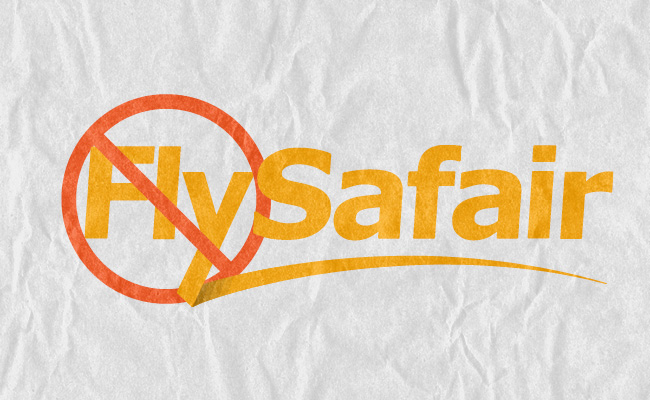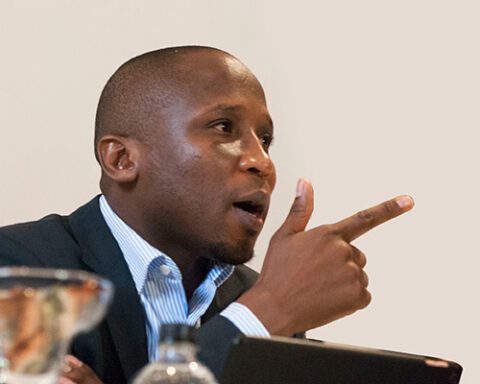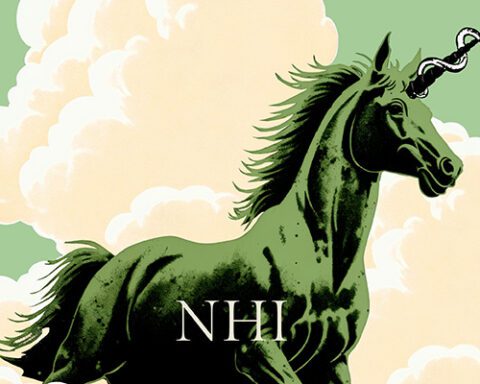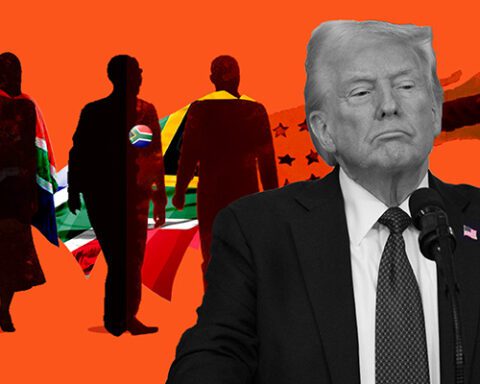In the long-running dispute between the International Air Services Council (IASC) and FlySafair, South Africa’s regulator has now declared that the airline’s shareholding structure violates its foreign-ownership limitations.
So, does that mean South Africa’s biggest airline is about to be grounded, simultaneously crashing the country’s tourism sector?
It’s complicated.
Earlier this week, the IASC sent FlySafair a four-page letter in which it said it had conducted an investigation which found that Ireland-based company ASL Aviation Holdings effectively owns 74.86% of the local operation through an investment holding company.
This is a problem because the Air Services Licensing Act requires that holders of aviation licences in South Africa have a minimum 75% local shareholding. The International Air Services Act requires a “substantial” local shareholding and both “active” and “effective control of the international air service” for international operations.
FlySafair, which has about 60% of the local market, claimed in response to the finding that it “remained committed to full compliance with all laws and regulations and to upholding the highest standards of governance”.
But there was, the company said previously, some “ambiguity in this regulation”.
So what does that all mean? Essentially, the issue centres on the nature of a juristic person and corporate “residence”, which was the subject of a long court case years ago involving the now defunct airline Kulula.
Aviation expert Guy Leitch said in an interview that in the Kulula case, the courts found if the company was registered locally, and was 51% locally owned, then it could be legally considered a local “resident”.
Now, FlySafair is technically owned by a local trust, and the trust is barely controlled by ASL. But ASL also has a 25% direct shareholding.
Yet in its annual report, ASL lists Safair Operations as 74.86% owned under the section of “investment in subsidiaries”. Leitch says ASL let the cat out of the bag by admitting as much in its annual report, and consolidating the income.
Sanctions still to come
Somewhat cynically, the complaint was brought by all the other airlines operating in the domestic market, which would clearly love to see FlySafair grounded.
But that seems unlikely, at least at this point. The IASC still has to issue its sanctions and penalties, which will happen by the end of November. And those could be anything from grounding the airline to giving it more time to fix its shareholding structure.
Whichever way it plays out, this finding raises the question of why the requirement exists at all. Leitch says the regulation is common around the world, but is usually set at a less onerous level. About a third of airlines operate with a local ownership restriction of 50%, about a third have more than that, and about a third have none.
The argument of Safair’s rivals is that airlines are extremely capital intensive and require ongoing investment to keep running. Those airlines with access to cheaper (overseas) capital, or shareholders with deep pockets, have a big advantage. But, Leich says, there is a good argument for making the requirement less onerous.
This tussle of FlySafair’s foreign ownership comes at a time when flights in South Africa are expensive in historical terms. Throughout the industry, profitability has bounced back from the nightmare Covid years, with even SAA set to have made a profit in its last year.
But the latest International Air Transport Association estimates for the African continent suggest that margins are still extremely tight, with net profit margin per passenger just $0.90 in 2024 compared to $0.50 in 2023. Margins in North America, meanwhile, stood at about $12.40 last year.
Sign up to Currency’s weekly newsletters to receive your own bulletin of weekday news and weekend treats. Register here.










